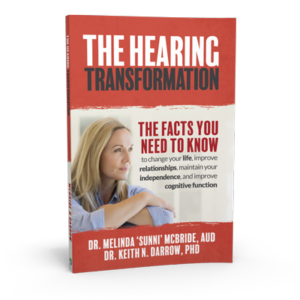Those in the military are highly susceptible to noise-induced hearing loss (NIHL) due to exposure to guns, explosives, and engines. As the prevalence of NIHL among those who serve is gaining greater awareness, a Phase III trial of a drug designed to prevent noise-induced hearing loss, D-Methionine (D-Met), is being conducted at Fort Jackson in South Carolina.
The trial is a collaboration between Kathleen Campbell, Ph.D., and the Department of Defense’s Hearing Center of Excellence.
“According to a variety of preclinical studies, D-Met can apparently reverse hearing loss if started within [up to] seven hours after noise cessation. We are [receiving funding from] the Department of Defense for more work, to see if we can even wait a few days after noise to start the D-Met and still prevent permanent hearing loss,” Dr. Campbell tells the American Academy of Audiology.
Those in the military are at risk for hearing damage from explosive gunshots (an M16 shot is 155 decibels, much louder than even a jackhammer at 130 decibels) and rumbling vehicle engines. According to the American Tinnitus Association, tinnitus (ringing in the ears) is the number-one service-related disability among U.S. veterans, with 9.7% of all vets receiving service-related disability compensation for the condition in 2012.
Methionine is an amino acid that is found in meat, fish, and dairy products. The D-Met study began in late 2013 and was designed to test up to 600 participants over the course of three years, according to a Wall Street Journal report.
After the soldier has a hearing test, they are then monitored over 18 days while they drink either a liquid filled with the drug or a placebo. At the end of this time, they take another hearing test.
“The opportunity to help our troops with an oral pharmacologic that may help reduce or prevent noise-induced hearing loss and tinnitus is so interesting and may prove to be a significant game changer,” states Dr. Campbell.

